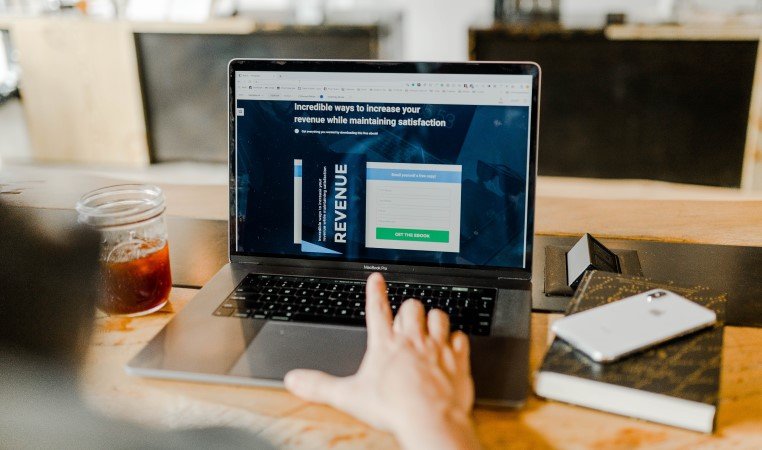Surge in DIY Investing Seen in the UK Following Lockdowns
The COVID-19 pandemic has caused a growth in assets, despite also making the market more unstable. Holly Mackay, CEO of Boring Money Business, says: ‘Trading levels have been consistently peaking at up to three times normal levels of activity. More people are opening up investment accounts than ever. It’s actually been a good year for investment platforms.’
However, rather than turning to financial advisors, British would-be investors are instead choosing to go through online trading platforms, in what has come to be known as DIY investing. EQi explains that DIY investing has become a great choice for anyone who wants to take care of their financial future, particularly as investing has consistently outperformed cash in recent years. In fact, equities are expected to outperform cash over the next 10 years. As such, over 29% of British adults have begun holding risk-based investments. By cutting out the middlemen and managing their own portfolios, DIY investors hope to enjoy bigger profits and more flexible investment options.
So what have these DIY investors been turning to? The uncertainty caused by the pandemic has made British DIY investors turn to Bitcoin, the most popular kind of cryptocurrency. Sputnik News describes how Bitcoin has grown substantially in 2020, with 38 times more money in sterling being exchanged for it by December than in the same period in 2019. It is a long-term investment that is extremely popular among millennials, who invest at least £25,000 in cryptocurrencies.
However, being a DIY investor also means staying on top of current events, as the socio-political climate also has a massive impact on the markets. So it’s important consider all angles of a story in order to make a move that won’t endanger an investment. For example, UK stocks have been performing poorly lately, with investors steering clear of them since the 2016 Brexit referendum. But Bloomberg explains that stocks will improve in the midst of recovering from the pandemic. UK assets are currently underowned, undervalued, and can offer better returns, and it is predicted that they will rerate by at least 50% in the next two years. However, the relief for UK assets won’t be enough to outperform global peers, even with a Brexit deal for domestically-focused companies.
Due to a lack of experience, a new DIY investor will be more vulnerable to riskier investments, so they need to choose credible trading platforms and be aware of misleading adverts. Because of the surge of newcomers, Financial Times states how online brokers can put out misleading adverts to attract customers and profit from the low-cost investing boom. These online brokers market themselves as free share dealing platforms, but in reality, they profit from the spread and trading derivatives. These brokers encourage riskier trades, such as CFD, or contracts-for-difference, as they won’t lose money even if the customers do. Credible trading platforms should provide warnings on their websites regarding how many investors lose money on their platforms. Moreover, DIY investors need to learn that investing should not be exactly like gambling, where you aim to always get a higher return than what you would normally expect.
DIY investing gives you more flexibility regarding your investment portfolio. However, the access to and use of proper resources are important in order to lessen the risks and losses investors encounter. Check our UK Archives for more news that can affect your next investment move.


